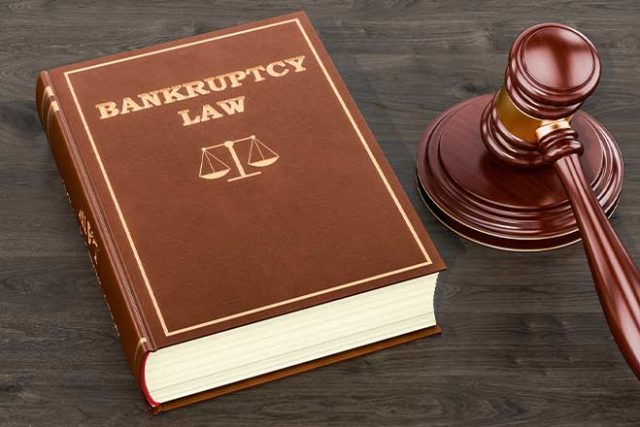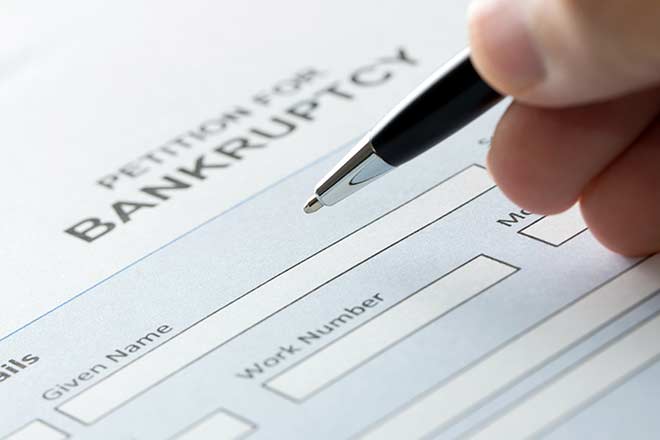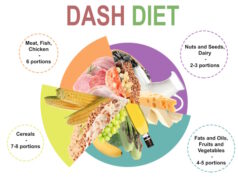
Facing bankruptcy can be very intimidating and frightening. This is especially true when you consider the fact that you have multiple options, each of which is better suited to certain types of financial scenarios than to others. If you don’t have a lot of financial or legal knowledge, it can seem like sifting through a pile of confusing nonsense.
How can you know what type of bankruptcy solution is right for you? How can you make the right decision without extensive legal knowledge? The answer lies in brief education and professional guidance from a knowledgeable legal professional.

Here’s more of what you need to know about your bankruptcy solution options:
Chapter 7 Bankruptcy
Chapter 7 bankruptcy is one of the most commonly-chosen types of bankruptcy. This is the most drastic form of bankruptcy and is often referred to as liquidation bankruptcy. This is because this type of bankruptcy allows those in debt to release a large portion of their total debt without the responsibility to repay it. This may sound very attractive at first glance, but it’s important to know that there are rules and regulations surrounding the filing of this type of bankruptcy and what may or may not be seized as a result.
In order to offset the cost of the debt being forgiven as part of a chapter 7 bankruptcy, assets, property, and income may be subject to seizure. There are exceptions; these are outlined in legal exemptions that can be discussed with a bankruptcy attorney. While some homeowners may not need to worry about losing their home, their vehicle, or any part of their wages in a chapter 7 bankruptcy, others might not be so fortunate. It all depends on the amount of debt you have and where it’s from – as well as what exemptions you are legally entitled to.
Chapter 7 bankruptcy is typically filed by a single person or married couple, but may also be chosen by business partners or cohabitants, small business owners, more sizeable corporations, or even an LLC. It is the best choice for those who are in deep debt and need a fresh start right away, as all requests for repayment from creditors must stop as of the day of your filing. If your debt load is smaller or you would like to take more direct responsibility for its repayment, however, this may not be the right bankruptcy solution for you.
Chapter 11 Bankruptcy
Primarily used by businesses, this is the bankruptcy solution used when a company is in more debt than they are able to cover with current revenue. When this happens, a business may fear a complete shutdown. To avoid that, restructuring and reorganization through chapter 11 bankruptcy can help a company remain open and active – and help it get back on the path to profitability.
The problem with choosing chapter 11 for smaller businesses or for individuals is that these cases typically don’t fare well in court. Most bankruptcy attorneys will advise choosing a chapter 7 or chapter 13 bankruptcy for these circumstances, as chapter 11 is better suited to larger corporations. Chapter 11 also comes with steep filing fees that are difficult for individuals and smaller businesses in financial trouble to cover, so careful consideration and thoughtful planning before choosing this type of bankruptcy are vital.
If your business is in trouble but you are hoping to either continue operating or liquidate in an organized manner, speak to your local bankruptcy attorney about whether this type of bankruptcy might be suitable for your situation.
Chapter 13 Bankruptcy
If chapter 7 bankruptcy is one of the most common choices for debt relief, chapter 13 would be its equally-popular partner. While these two types of bankruptcy are quite different, they are both excellent choices for personal bankruptcy, depending on a person’s specific circumstances.
Chapter 13 bankruptcy is about reorganization or rehabilitation, rather than liquidation. Instead of debt relief through asset forfeit, debt is reorganized so that assets, property, and other valuables can be retained by the person in bankruptcy. For those who are hoping to pay down their debts over time – especially those who have a more manageable debt load – this is an excellent option.
This type of bankruptcy is also referred to as “wage-earner” bankruptcy at times, since the regulations surrounding it encourage those who file to be making a regular income that is sufficient to cover their daily living expenses – not including the cost of their debt. By restructuring the debt into more manageable payments, these people are better able to handle the cost and are typically able to resolve the cost of their total debt load within three to five years.
Special Bankruptcy Chapters
While the three previously mentioned chapters are the most common types of bankruptcy, those with special circumstances may require a special type of bankruptcy solution. Farmers may choose to file for chapter 12 bankruptcy. Cities and municipalities may need to choose chapter 9 bankruptcy. Companies with assets located in more than one country will typically need to go with chapter 15 bankruptcy.
All of these options are much less common than the aforementioned choices, but are no less helpful to those who are in need of debt relief.
So, Which Bankruptcy Solution is Right for Me?
With all of this information, you may be wondering which of your many available options is the best choice. The truth is, the right answer may not be as clear for you as it might for another person. Every person dealing with bankruptcy deals with different scenarios and circumstances, and weighing all of these is an important part of determining the right course of action.
 If you still have questions about which bankruptcy solution might be best for your individual situation, contact the experts at the Van Horn Law Group. With the experience you need and the compassion and understanding you want while navigating this difficult process, these professionals can guide you through your options and help you find the solution that best fits your needs. Call today for more information!
If you still have questions about which bankruptcy solution might be best for your individual situation, contact the experts at the Van Horn Law Group. With the experience you need and the compassion and understanding you want while navigating this difficult process, these professionals can guide you through your options and help you find the solution that best fits your needs. Call today for more information!
Chad T. Van Horn, Esq. is a South Florida business leader and founding partner attorney of Van Horn Law Group, P.A. Through a combination of dedicated philanthropy, spirited entrepreneurship and legal expertise, he applies his resources and network to helping people. Learn more about Chad Van Horn












